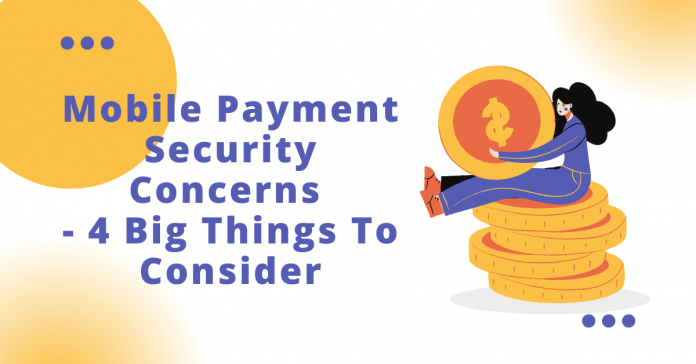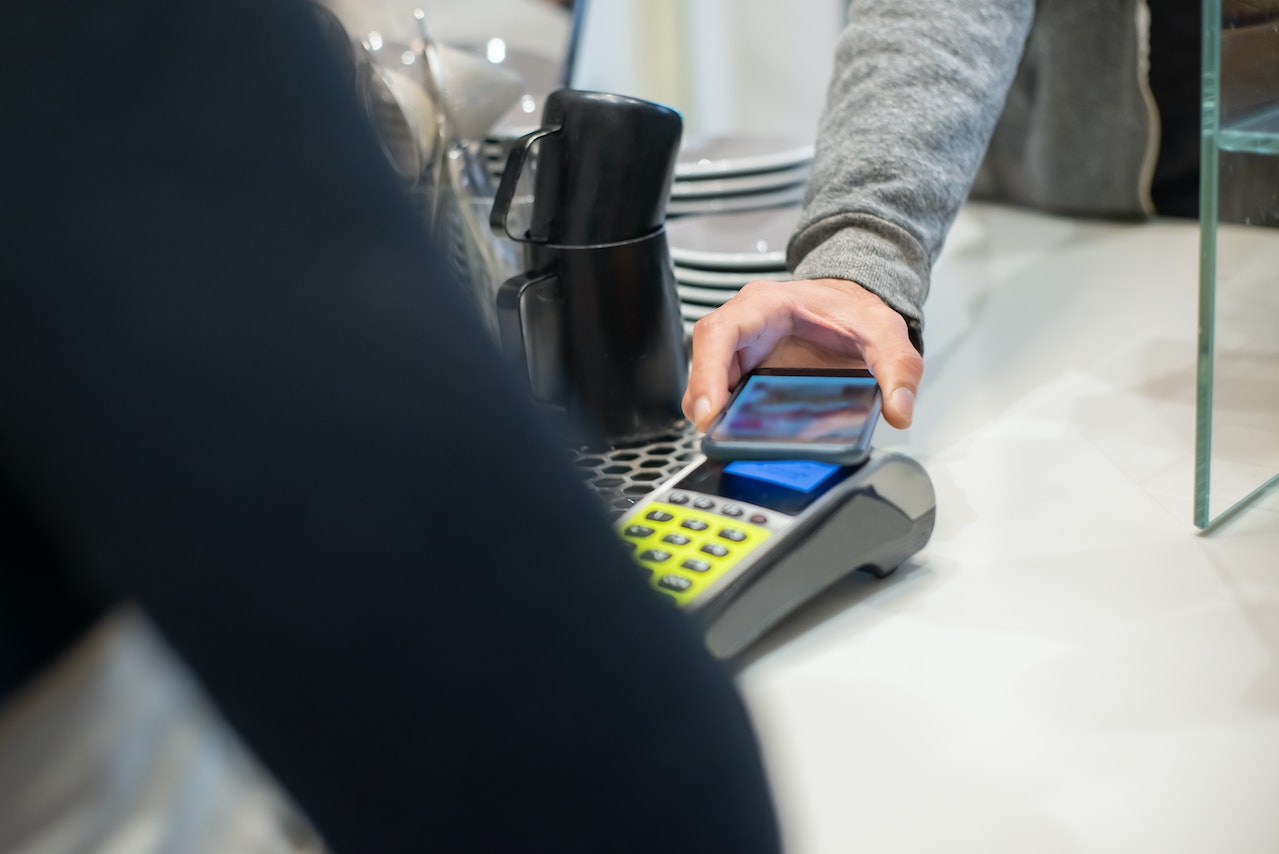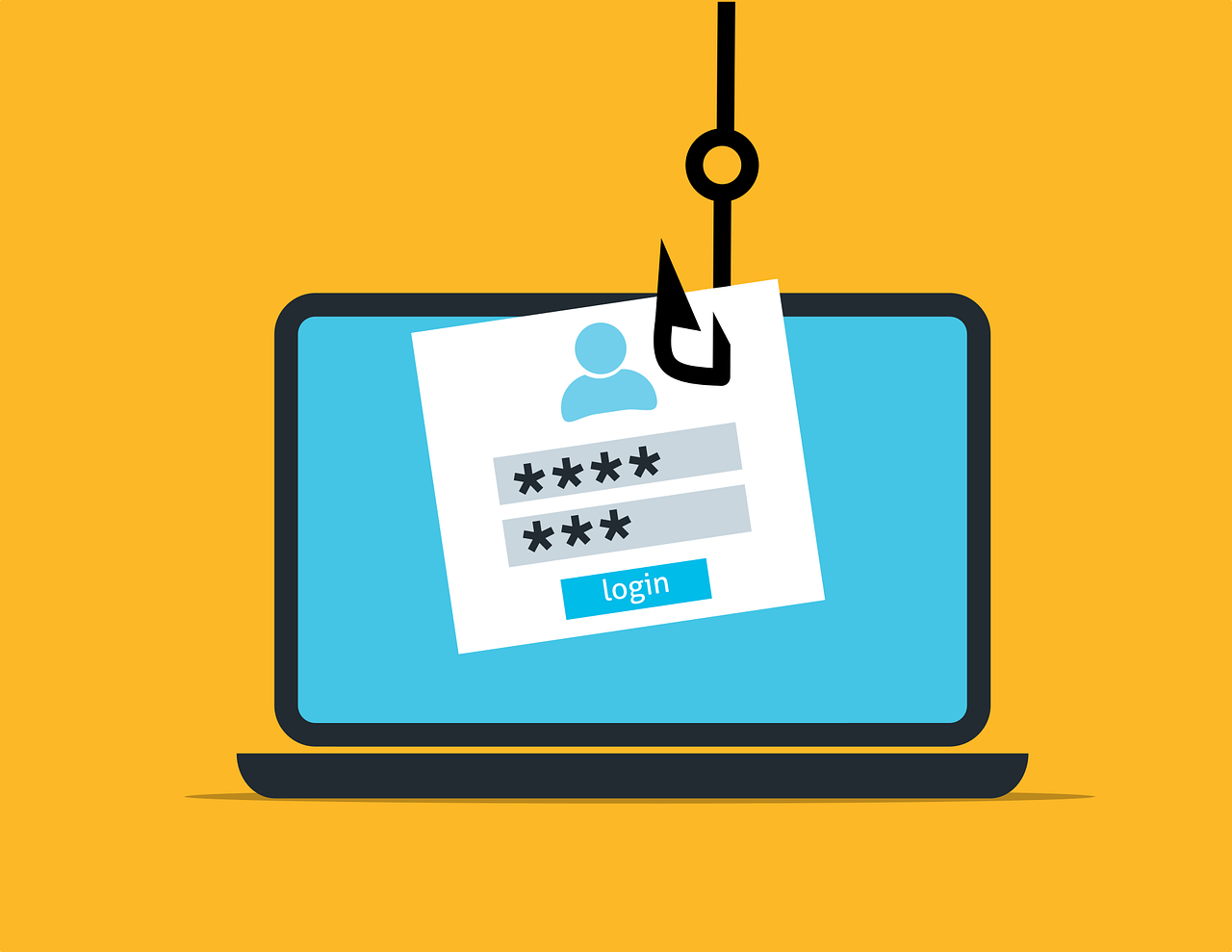Here, I will discuss mobile payment security concerns and outline four key essential considerations…
In recent years, mobile payments have become increasingly popular. We can now use our smartphones to pay for everything from our morning coffee to our monthly rent.
However, while the convenience of mobile payments is undeniable, several security concerns accompany them.
In this blog post, we will discuss four of the biggest mobile payment security concerns that you should be aware of before using this type of payment method, despite its incredible convenience and ease of use.
READ ALSO: Most Secure Online Payment Services
Table of Contents
Mobile Payment Security Concerns – Four Big Things To Consider
1. Data Security Concerns
When you make a purchase with your credit or debit card, the information exchanged is protected by the Payment Card Industry Data Security Standard (PCI DSS). This standard is a set of guidelines that all businesses must follow in order to ensure that sensitive cardholder information is protected from fraud and theft.
Unfortunately, not all mobile payment providers are compliant with PCI DSS. This means that if you use one of these providers to make a purchase, your sensitive cardholder information could be at risk.
Before using a mobile payment provider, ensure that they are PCI DSS compliant. You can usually find this information on their website or by contacting their customer support team.
READ ALSO: Things To Look Out For When Making Payments Online
2. Identity Theft Concerns
Another security concern associated with mobile payments is identity theft. If a criminal gains access to your mobile device and is able to see your financial information, they could potentially use it to commit identity theft.
To protect yourself from this type of fraud, only store the bare minimum amount of information on your mobile device. For example, you may want to consider storing your credit card number in a secure password manager instead of on your device itself.
3. Phishing Concerns
Phishing is a type of cyberattack in which criminals send fraudulent emails or texts in an attempt to steal sensitive information, such as login credentials or financial information. These attacks are becoming increasingly common, and they are also becoming more sophisticated.
A number of websites across various industries are also being targeted by cybercriminals, as many are creating fake websites that closely resemble the real ones.
For instance, the iGaming industry has been targeted, as punters prefer to use a phone deposit casino where they can make quick transactions and play their favorite games in an instant and secure environment.
Therefore, it is essential to be vigilant when making mobile payments, as criminals often target individuals using this type of payment method. As a result, if you receive an email or text that looks suspicious, do not click on any links or attachments that are included in it.
Instead, contact the company directly to verify that the message is legitimate. You should also never enter your login credentials or financial information into a website unless you are absolutely sure that it is legitimate.
READ ALSO:
- A Comprehensive Guide to Online Security in Payments, Casinos, and E-Commerce
- uMobix Review: Features, Pricing, Pros And Cons, Alternatives
4. Malware Concerns
Malware is another type of cyber-attack that you need to be aware of when you’re making mobile payments. Malware is short for malicious software, and it is designed to damage or disable computers and electronic devices.
If a criminal gains access to your device and installs malware on it, they could potentially use it to gain access to your financial information or commit fraud.
There are a few different ways that you can protect yourself from malware attacks:
– Use a reputable security app: There are many different security apps available for both Android and iOS devices. These apps can help to protect your device from malware attacks by scanning for and removing malicious software.
– Only download apps from trusted sources: Only download apps from trusted sources like the Google Play Store or the App Store. Avoid downloading apps from third-party websites, as these websites are often not as well-protected as official app stores.
– Keep your operating system up-to-date: Be sure to keep your operating system up-to-date by installing all security updates as soon as they’re released. Most operating systems will automatically install these updates for you, but you can also check for updates manually.
READ ALSO: Cryptocurrency Payment: Pros And Cons
Mobile Payment Security Concerns: FAQs
Mobile payments offer a speedy and convenient way to ditch your wallet, but security is a major concern. Here are answers to some frequently asked questions:
Are mobile payments safe?
Mobile payment apps themselves typically have robust security features, such as fingerprint recognition and encryption. However, there are still risks, such as malware on your phone or using public Wi-Fi.
What are the biggest security risks with mobile payments?
- Malware: Malicious software can steal your financial information from your phone.
- Public Wi-Fi: Unsecured Wi-Fi networks make it easier for hackers to intercept your data.
- Lost or stolen phone: If your phone isn’t protected with a PIN or fingerprint scan, anyone can access your payment apps.
- Phishing scams: Fraudsters can trick you into giving up your login information through fake emails or texts.
How can I protect myself when using mobile payments?
- Only download payment apps from trusted sources.
- Keep your phone’s software up to date.
- Use strong passwords and enable fingerprint or facial recognition.
- Avoid using public Wi-Fi for mobile payments.
- Be cautious of suspicious emails or texts requesting your financial information.
What happens if there’s fraud on my mobile wallet?
Most mobile payment providers have fraud protection measures. They will typically investigate and reimburse you for unauthorized transactions. Be sure to report any suspicious activity immediately.
READ ALSO: How to Protect Yourself from Online Fraud [6 Surefire Internet Safety Tips]
Are mobile payments more secure than traditional credit cards?
Mobile payments can be just as secure, or even more so, than traditional credit cards. With mobile payments, the actual card number isn’t transmitted during the transaction. However, it’s important to remember that the security of both methods relies on the user’s good habits.
Final Thoughts
These are just four of the biggest mobile payment security concerns that you should be aware of before you start using this type of payment method.
Also, ensure you remain as vigilant as possible when continuing to make transactions via this method.
INTERESTING POSTS
- Benefits Of Core Banking Solutions
- How To Secure, Anonymize, And Protect Your Digital Life By Daniel Segun
- Is TikTok Dangerous Or Safe?
- How To Check Your IP Address [3 Quick Methods]
- Test Automation: Features, Benefits, And Challenges Of Automated Testing
- Top 10 Tips To Increase Your Cybersecurity
- Top 6 Benefits Of Using Productivity Software Tools In Your Business
- Best Antivirus For 2023: Windows, Mac, Linux, iOS & Android
- What Is A Fake Antivirus? Overview And How To Spot Them
About the Author:
Daniel Segun is the Founder and CEO of SecureBlitz Cybersecurity Media, with a background in Computer Science and Digital Marketing. When not writing, he's probably busy designing graphics or developing websites.









